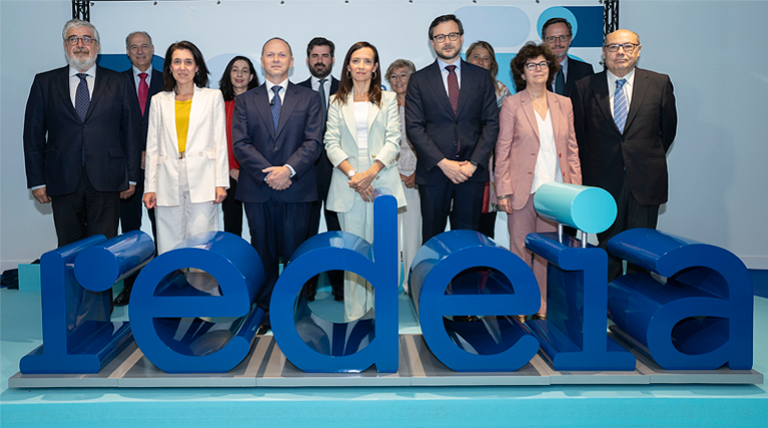We are a global operator of essential infrastructure
Supplier Code of Conduct
The objective of our Supplier Code of Conduct is to make its suppliers fully aware of the general principles that need to be observed while carrying out their work and professional activity within their different scopes of action.
The code is aimed at all those suppliers that provide goods and/or services to Redeia, which makes it essential that suppliers understand and fully comply with it in the contracts entered into with the Company.
It is one of the documents that make up the contractual documentation. All suppliers must accept it in their qualification process, and convey queries about its content and application. Likewise, the bidding process is carried out through a platform that allows a transparent relationship and collaboration.
Redeia will monitor and ensure the continued application of these principles by the suppliers. The principles of conduct contained within this Code are structured within three main areas: the supplier's relationship with its employees and contractors, with ourselves and with the environment.
The Code, which is revised periodically, became effective as of 1 January 2013 and from that moment it became part of our General Conditions of Contract. The acceptance of the Code entails that the supplier accepts the possibility of being audited by the Company a to verify its compliance. In the event that a supplier does not agree to be audited, such supplier will no longer be able to participate in new tenders.
The code is reviewed periodically and the current document, in force since June, 2023, is aligned with the Code of Ethics and Conduct.
Social audits
We conduct social audits not only in order to verify the correct compliance with the Supplier Code of Conduct among our suppliers, but also to transfer the principles of responsibility of the Company to its suppliers.
To do this, the company creates a Social Audit Plan every year and monitors its implementation. It can also run a social audit when it perceives an indication of non-compliance with an ethical, social or environmental requirement that all suppliers must accept and satisfy to work with us, including the commitment to extend them to their own supply chains, either through its open communication channels with suppliers, or when its monitoring reveals an increased risk of this.
The result of these audits will be agreed action plans with all the suppliers who have been identified as non-compliant, to encourage their adoption. Monitoring will enable the Group to measure progress and observe the improvements implemented, or to take action in the opposite case.
In the case of subcontracting, the supplier shall be responsible for ensuring that its contractors carry out their activity in compliance with all the principles mentioned previously.















